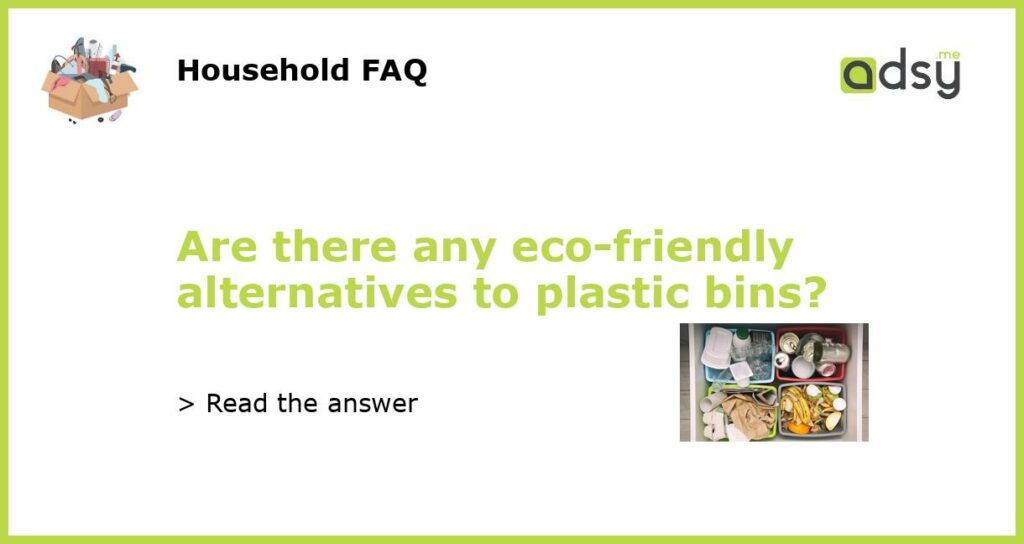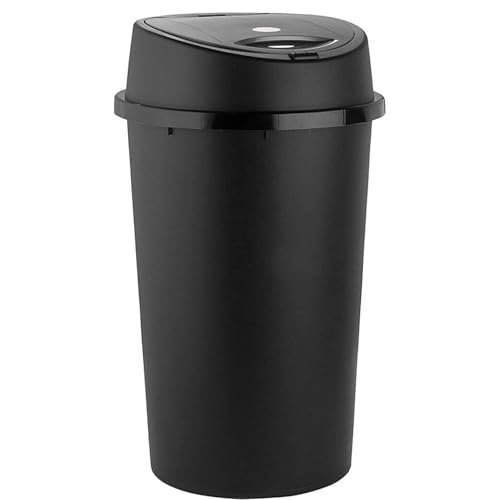The Environmental Impact of Plastic Bins
Plastic bins have become a common household item for storing and organizing various items. However, their widespread use has raised concerns about their environmental impact. Plastic is derived from fossil fuels and is non-biodegradable, meaning it can take hundreds of years to decompose. Additionally, the production and disposal of plastic bins contribute to carbon emissions and can pollute waterways and wildlife habitats.
Eco-Friendly Alternatives to Plastic Bins
Fortunately, there are several eco-friendly alternatives to plastic bins that can help reduce your carbon footprint and minimize environmental harm. These alternatives include:
1. Bamboo Bins
Bamboo is a highly sustainable material that is known for its strength and durability. It is fast-growing and requires no pesticides or fertilizers to thrive. Bamboo bins are not only eco-friendly but also stylish and can add a natural touch to any home or office space. They are a great option for those looking for a sustainable alternative to plastic bins.
2. Cardboard Bins
Cardboard bins are another eco-friendly alternative to plastic bins. They are made from recycled paper materials and can be easily recycled again at the end of their life. Cardboard bins are lightweight, affordable, and biodegradable, making them a practical choice for temporary storage needs. They are commonly used for moving and shipping purposes but can also be used for organizing items at home.
3. Metal Bins
Metal bins, such as those made from stainless steel or aluminum, are durable and long-lasting alternatives to plastic bins. These bins can be recycled indefinitely without losing their quality. Metal bins are resistant to rust and can withstand harsh conditions, making them suitable for outdoor use. They are also a popular choice for commercial and industrial applications due to their strength and reliability.






